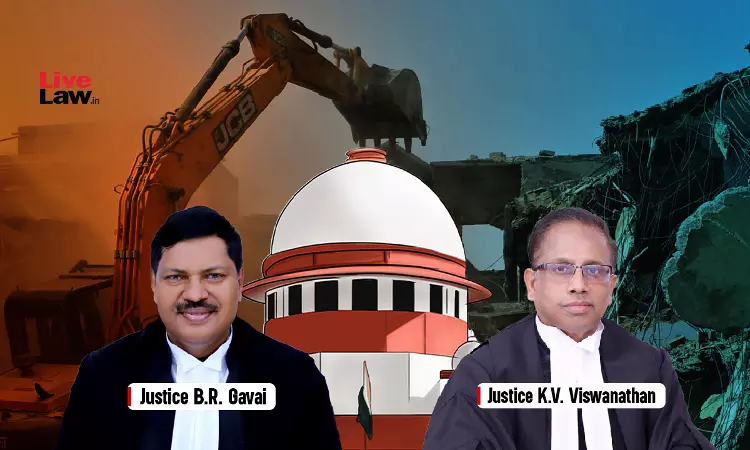Bulldozer Actions | 'Will Clarify Demolition Can't Be Done Merely Because Someone Is Accused/Convict' : Supreme Court Reserves Judgment
Debby Jain
1 Oct 2024 1:08 PM IST

"Whatever directions we issue will be for pan India and apply to all equally. We are a secular country," the Court said.
Next Story


